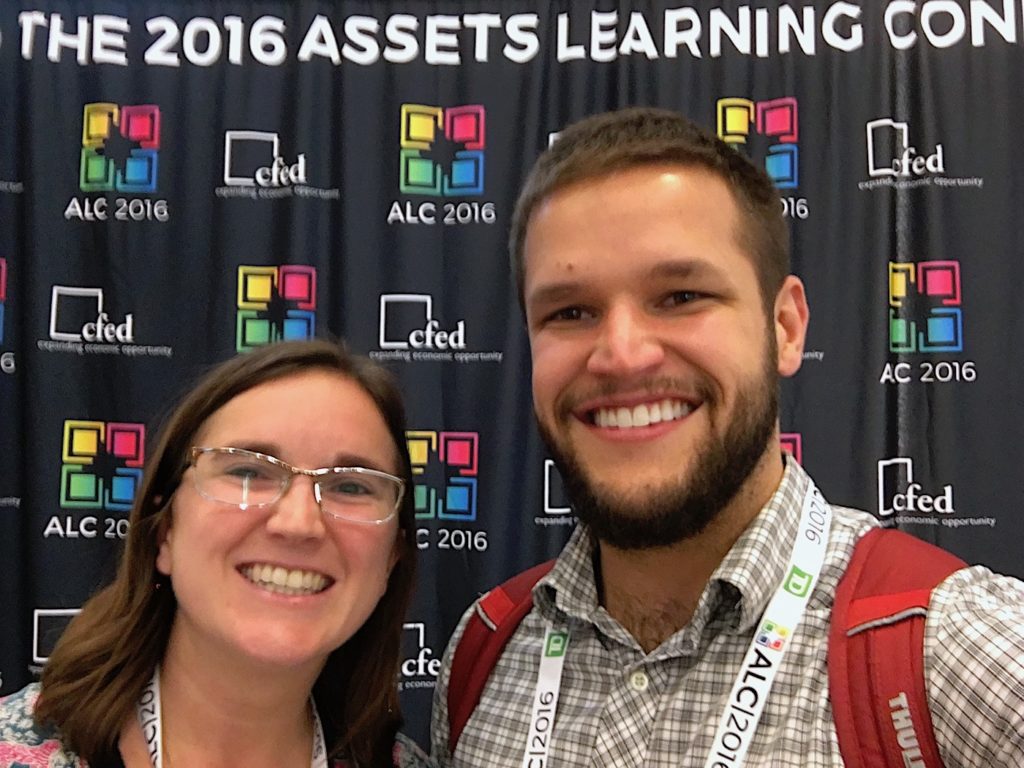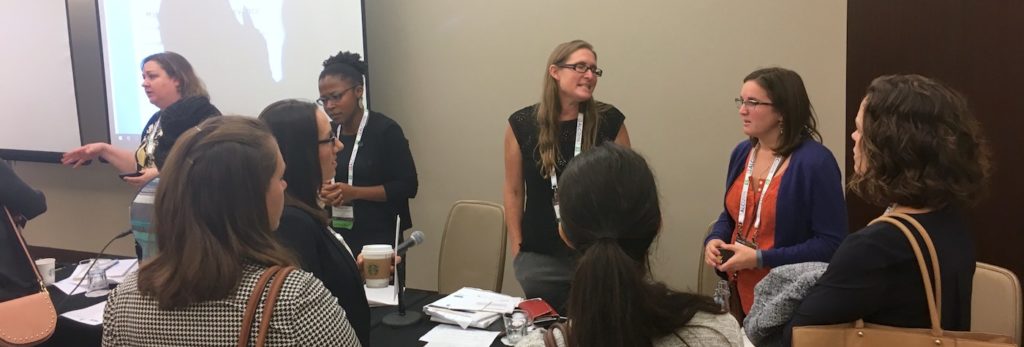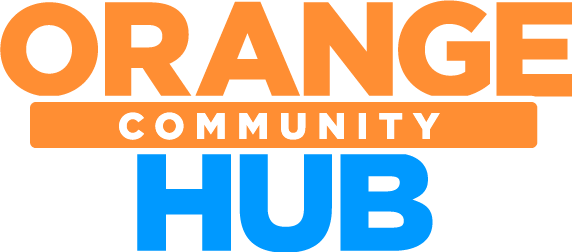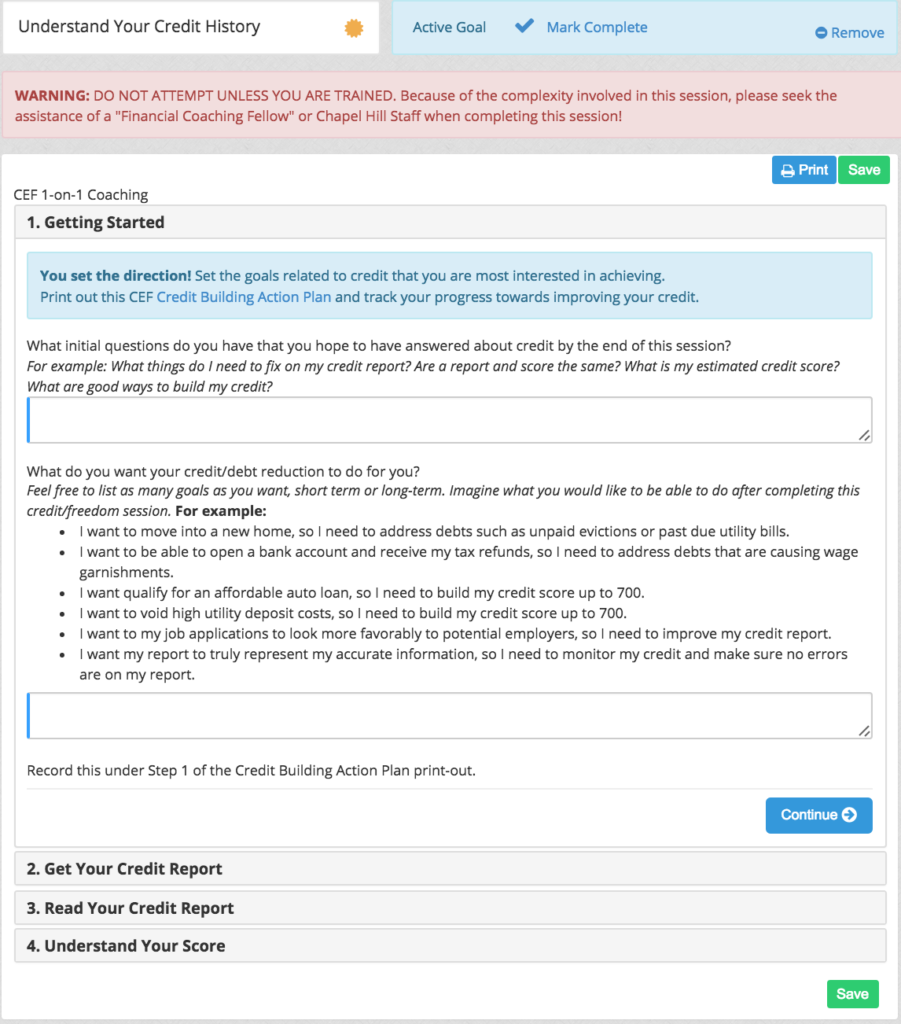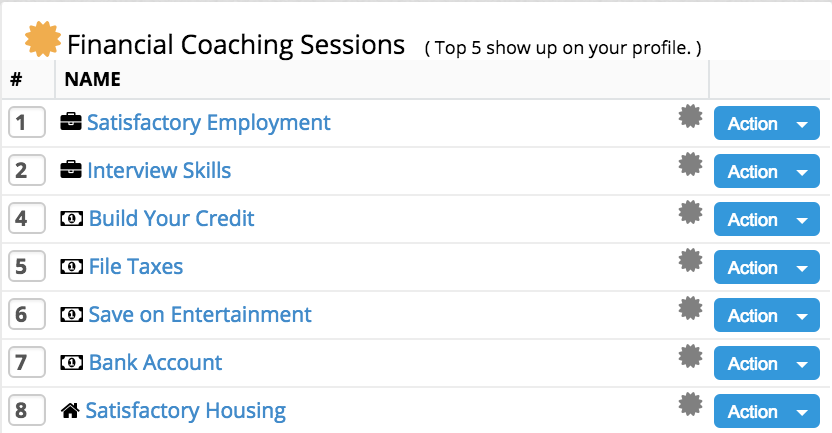“Remember that these are the people that nobody else wants to work with, it seems. So, let’s not leave them out. We can’t leave anyone out.” — Mark Scruggs, Open Table Ministry, Voucher-Holder for 5 years
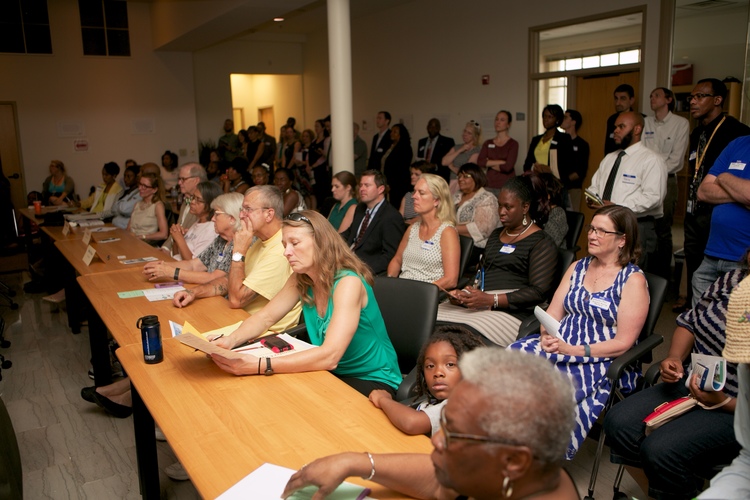
We welcomed 48 landlords and property managers, 23 partnering organizations, and over 80 supportive community members into the downtown Temple Building for the Mayor’s Landlord Roundtable.
Holding a Voucher, Without a Home
Last week, the Durham Housing Authority (DHA) opened the waitlist for Housing Choice Vouchers for one week only. Durham residents crowded CEF’s office to apply in hopes of getting a voucher of their own—a federal subsidy that should expand their access to market-rate housing. But for many voucher-holders, that access is being increasingly denied by the landlords that say “no” to this form of payment.
One CEF Member shared what a blessing the voucher has been for her and her three kids. “I was homeless and disabled, but DHA made a way for me to have a place for me and my kids. If not for this voucher, I’d still be in a shelter.” But many others are sharing stories like Tasha’s, who shared, “I just wish more landlords here in Durham would accept vouchers… being homeless for two years has just been a nightmare for me and my family.” The feeling can be crushing, to be without a home while holding a housing voucher that seemingly no one will accept.
You might ask as we did: why would a landlord refuse to accept a voucher—a guaranteed monthly rent payment? Why is demand for safe and affordable housing so high, but supply so low? With DHA opening up new partnerships with housing and homeless non-profits this year, and with immense support for affordable housing in the community, we knew we could cultivate conversations to answer these questions.
The Mayor’s Landlord Roundtable
On the afternoon of June 30th, a dedicated team of CEF staff, interns, and partners welcomed 48 landlords and property managers, 23 partnering organizations, and over 80 supportive community members into the downtown Temple Building for the Mayor’s Landlord Roundtable.
At the event, Mayor Bell challenged the community to work together to lease up 115 vouchers by the end of the year, and City councilmember Steve Schewel highlighted the importance of the DHA as a crucial provider of affordable housing. Next, Anthony Scott (the new CEO at the Durham Housing Authority) shared his vision to increase the efficacy and efficiency of the DHA. Finally, Terry Allebaugh (NC Coalition to End Homelessness) facilitated a conversation with local landlords and property managers on the benefits and difficulties they had experienced with the program.
Snehan Sharma, one of the organizers of the event, shared, “I think the Mayor’s Landlord Roundtable was a perfect example of how good grass roots community organizing can change discourse. Durham is facing a tricky problem with Housing Choice Vouchers, and it turns out that it is affecting lots of folks. Everyone who lives in Durham is a stakeholder.”

CEF’s Janet Xiao, one of the Roundtable organizers, invited landlords to join the Unlocking Doors Initiative partnership, and to stay tuned for next steps.
View more photos from the event here.
What’s Next?
These conversations equipped us with the information needed in order to take action. The Roundtable kicked off the Unlocking Doors Initiative, a new collaborative partnership between the DHA, City of Durham, non-profits, and landlords. Over the upcoming months, the group will:
- Listen to Voucher Holders: Just as we held a conversation with landlords, we would also like to hear feedback from tenants. If you have ever had a Housing Choice (Section 8) or HUD VASH voucher, or would like to make sure that we hear from a friend or neighbor of yours who does, email us at: info@unlockingdoorsdurham.org
- Identify Barriers and Solutions: As a longer-term research project, we will be taking a hard look at the data and listen to individuals’ experiences to find out what barriers are preventing Durham’s voucher holders from sustained success in housing, and what programs and partnerships would work to support them in overcoming these barriers and staying in housing.
- Build a supported network of landlords and property managers: Landlords and property managers who opt into accepting vouchers will get support from Unlocking Doors Initiative, which includes access to a special Unlocking Doors phone line to expedite and assist with communications with the DHA, access to an efficient electronic system for inspections, information about supportive services for voucher-holder tenants, and help from non-profits to prepare units for successful inspections.
- Continue to unite the Durham Housing Authority and our community: Anthony Scott has been hard at work implementing solutions, and is joining the leadership team of the Unlocking Doors Initiative. A group of us – including landlords, non-profits, DHA staff, and City officials – have begun meeting to strategize, problem-solve, and act. We will continue to partner closely with the Durham Housing Authority as it implements significant changes in order to improve tenant and landlord experiences, and make housing affordable for more residents of Durham!
If you or friends or family are a Durham voucher-holder or involved in the housing sector, we’d love to hear from you! Email us at info@unlockingdoorsdurham.org
Special Thanks to:
- Mayor Bell for convening the event and bringing everyone together.
- City Councilmember Steve Schewel for ongoing guidance to our team, and tireless work towards affordable housing.
- Terry Allebaugh for excellent discussion facilitation!
- Anthony Scott & Keishma James (Durham Housing Authority) for partnering with us in this effort.
- Valaria Brown, Stephanie Williams, and the team of volunteers from Alliance BHC for their great support and sponsorship of food and logistics.
- The Council to End Homelessness in Durham for assembling a crucial network of non-profit partners.
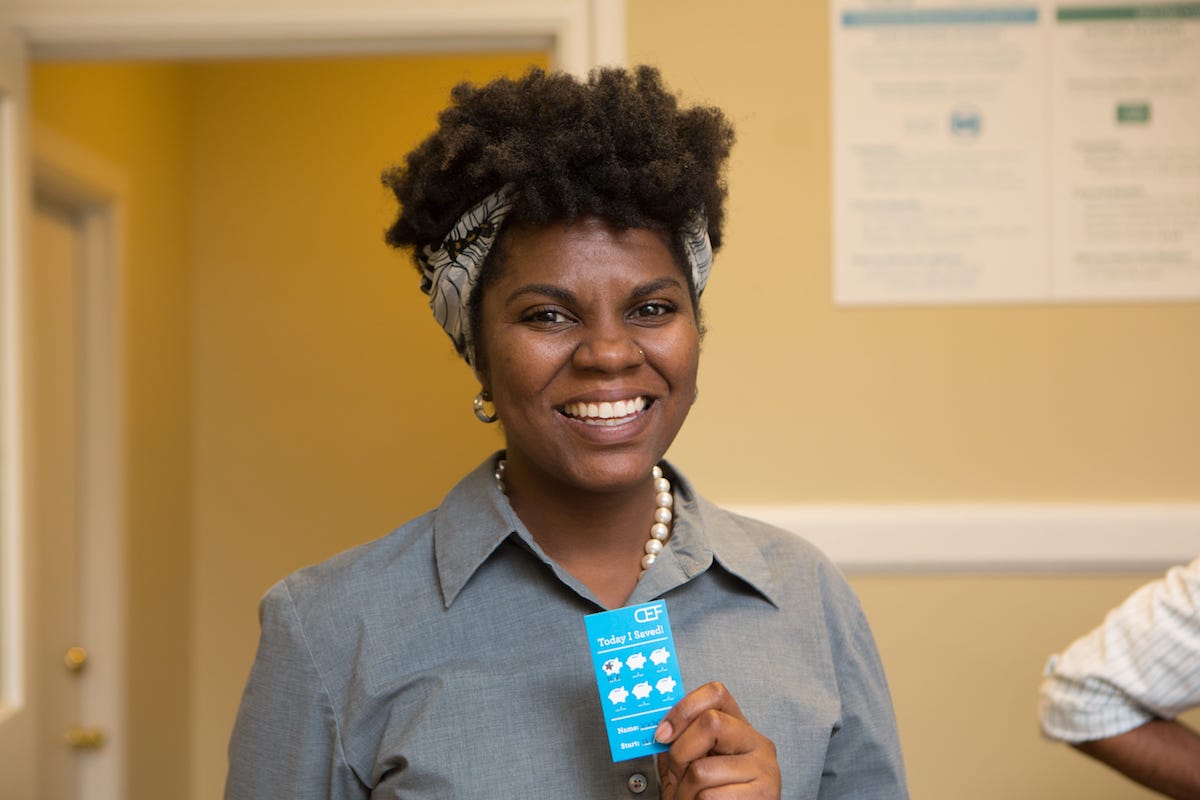

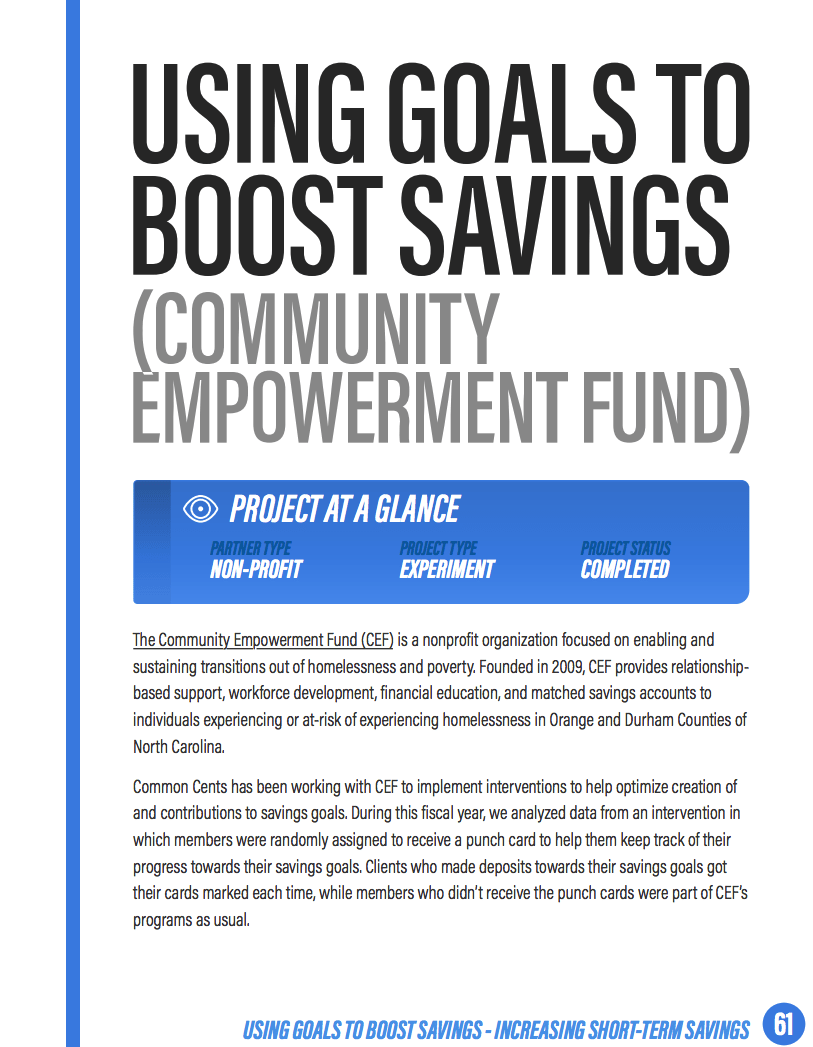




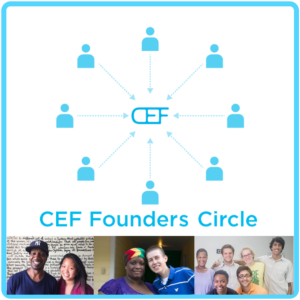

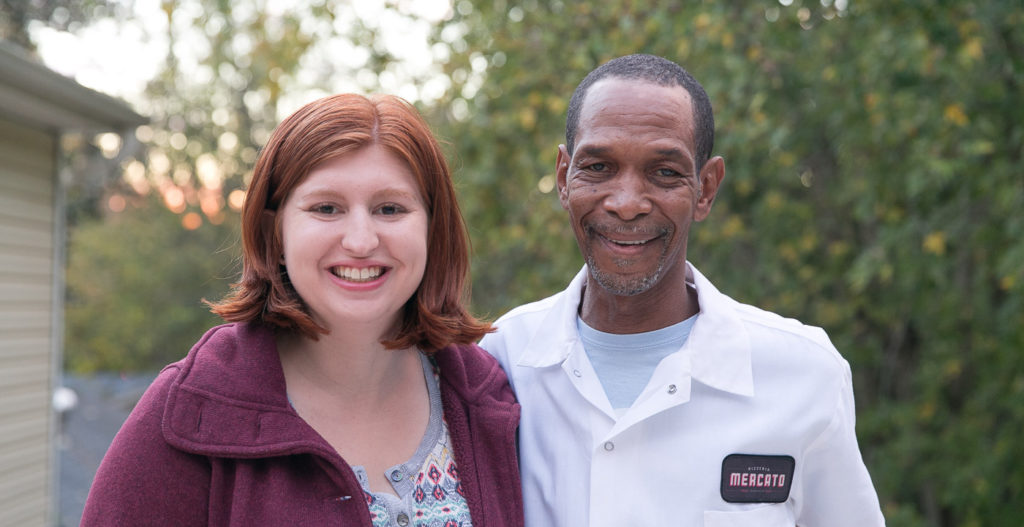
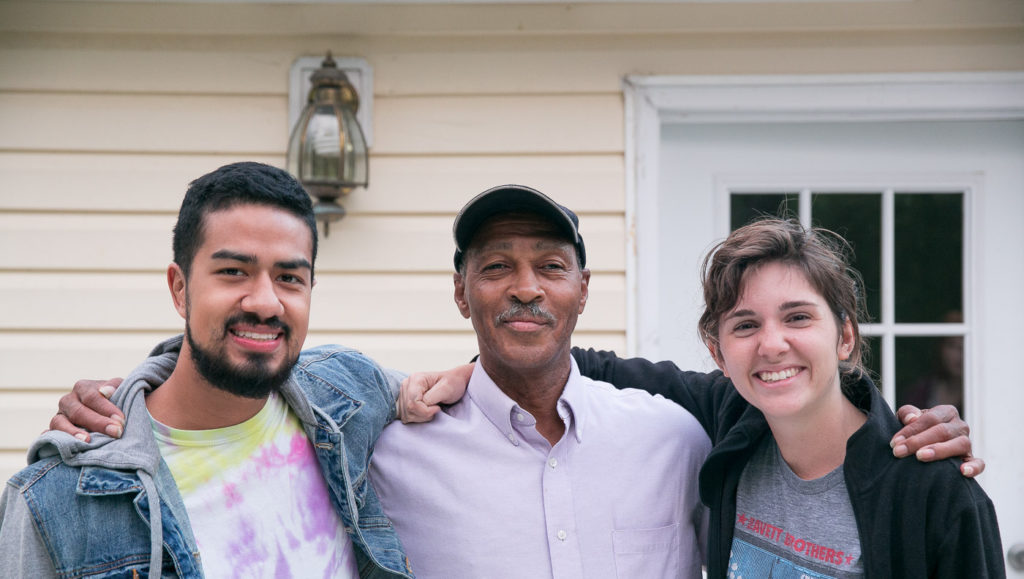 Meanwhile, Julius is the older brother of the two, and retired a couple of years ago. He worked with his Advocates, Steven and Leah, to search for affordable housing. When the Housing Choice Voucher waiting list opened up for just 3 days in Orange County, Julius submitted an application, and several months later he was actually selected for a voucher! His Advocates helped him to pull together all of the necessary paperwork to receive the voucher alongside Rapid Rehousing assistance for his security deposit. Since Julius and Mike wanted to live together as well, the team worked to add Mike officially to Julius’ voucher.
Meanwhile, Julius is the older brother of the two, and retired a couple of years ago. He worked with his Advocates, Steven and Leah, to search for affordable housing. When the Housing Choice Voucher waiting list opened up for just 3 days in Orange County, Julius submitted an application, and several months later he was actually selected for a voucher! His Advocates helped him to pull together all of the necessary paperwork to receive the voucher alongside Rapid Rehousing assistance for his security deposit. Since Julius and Mike wanted to live together as well, the team worked to add Mike officially to Julius’ voucher.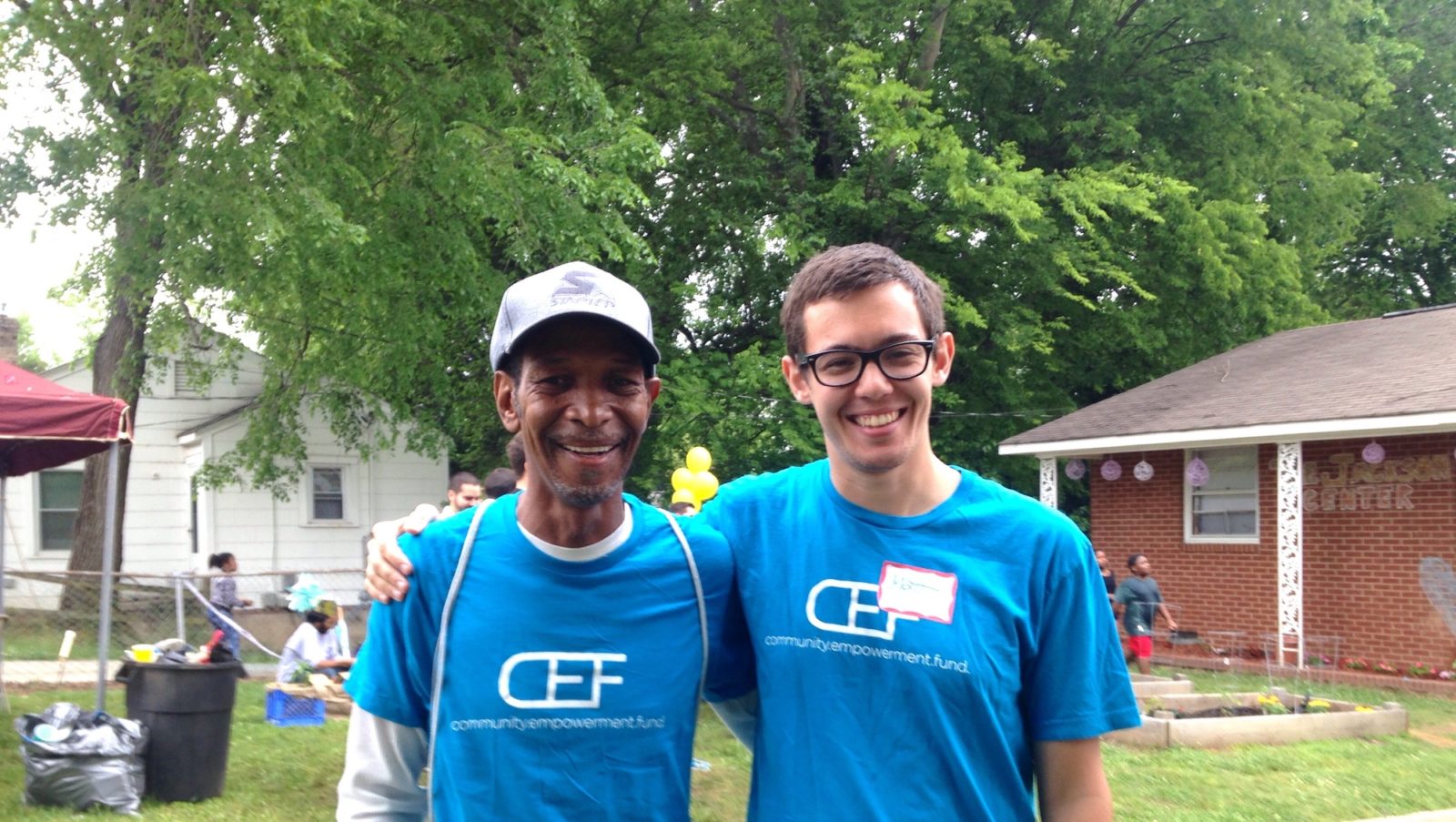


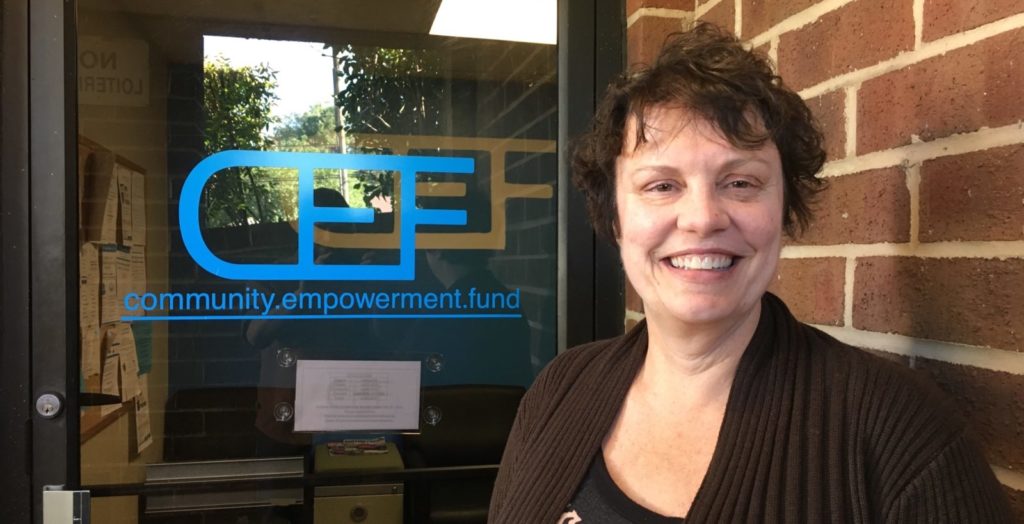 Darcia
Darcia 